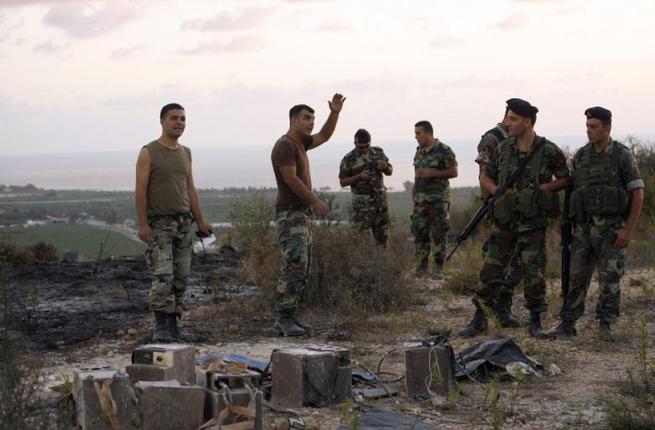
by Al Bawaba
AFP reports that Lebanese officials arrested three people on Sunday on allegations of spying for Israel.
A Syrian man, his Lebanese wife, and a Lebanese man confessed to the charges against them upon arrest. They admitted to gathering information on military and government targets.
In addition, the trio allegedly recorded "sensitive" locations in southern Lebanon "and sent the footage to their employers to be used in later attacks," AFP reports.
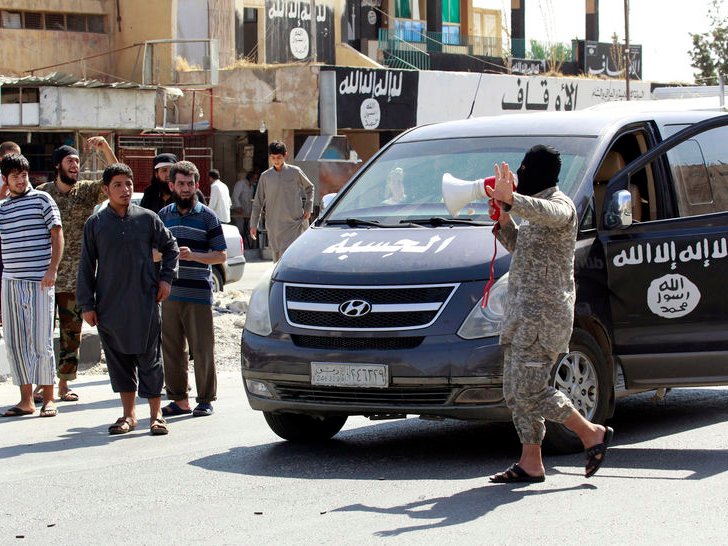
Smoking isn’t allowed. Women are told to stay at home and must be fully covered if they go outside. Punishment for stealing is amputation.
ISIS keeps tight controls on all aspects of life in its self-declared Islamic "caliphate," the swath of territory it has seized across Iraq and Syria over the past 18 months.
To help keep the population in line, the militants have been increasingly limiting civilian access to outside information.
Before ISIS terrorists took over cities like Mosul in Iraq and Raqqa in Syria, residents were able to get online through internet cafes and Wi-Fi, Abu Ibrahim al-Raqqawi, an activist with the group Raqqa is Being Slaughtered Silently, told Business Insider last month via Skype.
The internet cafes were in each neighborhood and had Wi-Fi extenders to make the signal stronger and able to reach nearby homes.
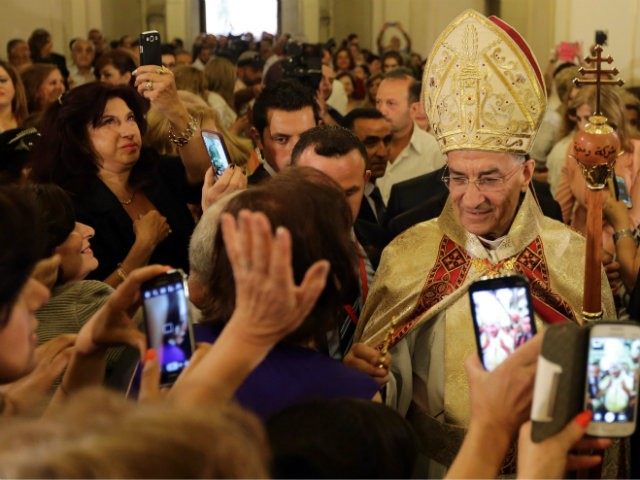
The cardinal said that Muslims look on Christians as weak and believe that since they have no children and barely practice their faith, Islam will easily conquer them. Sadly, he said, Muslims take their faith more seriously than most Christians, and they are gaining ground because of it.
“I have often heard from Muslims that their goal is to conquer Europe with two weapons: their faith and their birthrate,” al-Rahi said in a recent interview with Famiglia Cristiana, an Italian Catholic weekly magazine.
For the Muslims, the Cardinal said, “the practice of the faith is essential and fundamental. In Saudi Arabia they go to Friday prayers even if they need a walking stick. They know the Koran by heart, and when they talk they often cite it. The same is not true for Christians who do not refer either to the Bible or the teachings of the Church.”
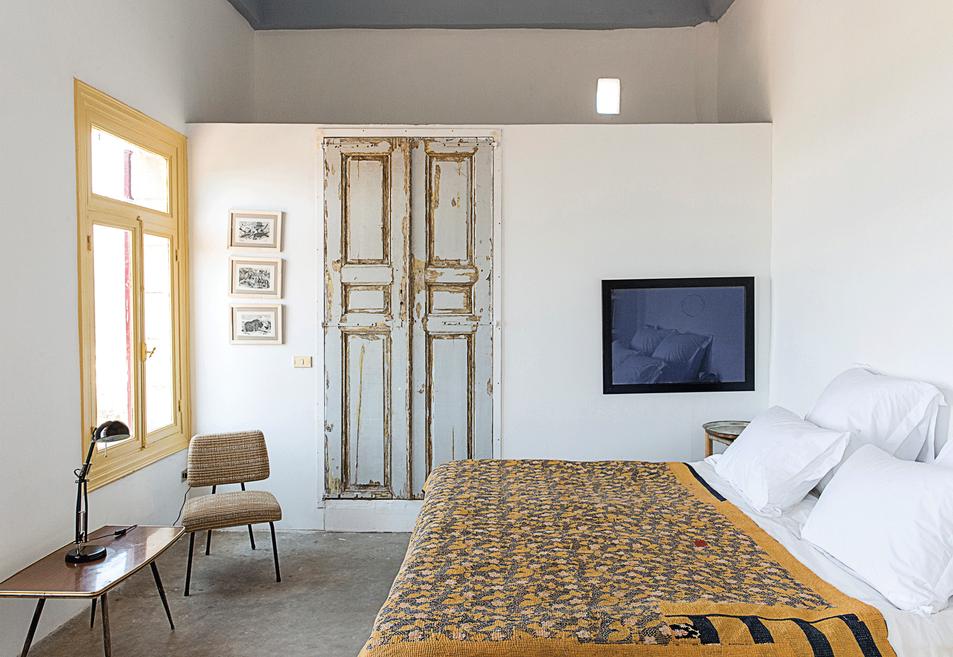
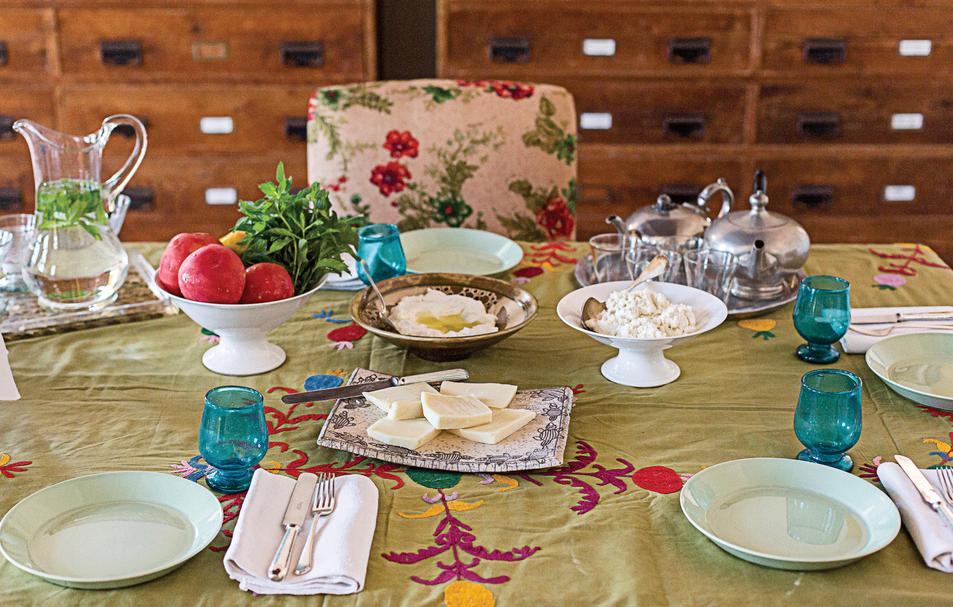
By Tarajia Morrell
IN 2004, Kamal Mouzawak, a former food and travel writer, launched Souk el Tayeb—Lebanon’s first farmers’ market—with the goal of celebrating small producers, fostering a model of sustainable agriculture and helping unite a divided country. Every Saturday morning in downtown Beirut, a neighborhood that’s home to shops like Hermès and Gucci, makeshift stalls fill the streets and 100 farmers lay out their wares. Amid Lebanon’s clash of cultures, religions and classes, the market demonstrates Mouzawak’s campaign to cultivate good food, make it available in a bustling metropolis and sell it at a fair price. Now, over a decade since he founded Souk el Tayeb, Mouzawak has expanded his influence with the launch of Beit Douma, a guest house with an eye toward architectural preservation.
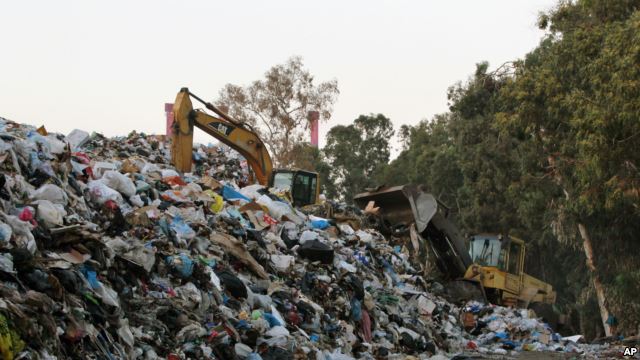
John Owens – VOA
The onset of Lebanon’s rainy season has heightened fears that the country’s growing mountains of trash could spark a public health crisis.
This week, the government set up a taskforce on the issue, responding to concerns that garbage left rotting in the open could lead to a spike in illnesses. Some health activists warn the trash could even lead to a re-emergence of cholera.
Protesters marched in Beirut again last week, demanding the government find a way to get rid of the trash, which has not been picked up in more than three months.
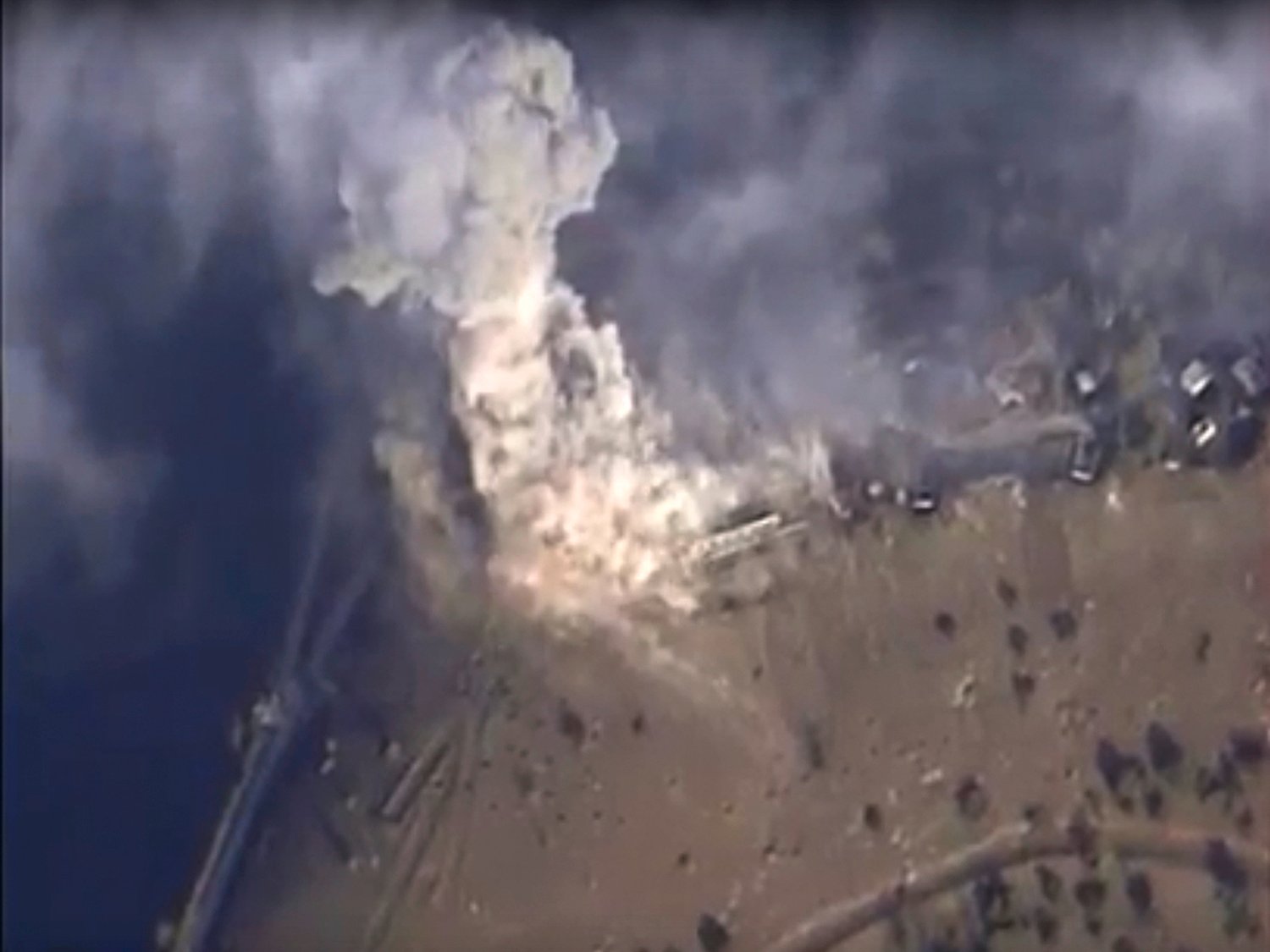
John Davison, Reuters
Airstrikes by Russian warplanes on the Islamic State-held Syrian city of Raqqa killed 42 people earlier this week, including 27 civilians, the monitoring group Syrian Observatory for Human Rights said on Friday.
Fifteen Islamic State fighters made up the remainder of the death toll, the Britain-based Observatory said, after a series of strikes on Tuesday that hit the group’s Syrian stronghold.
The bombings add to a civilian death toll from Russian strikes, which the Syrian Network for Human Rights, another monitoring group, said on Monday stood at 254 people killed in just over a month.
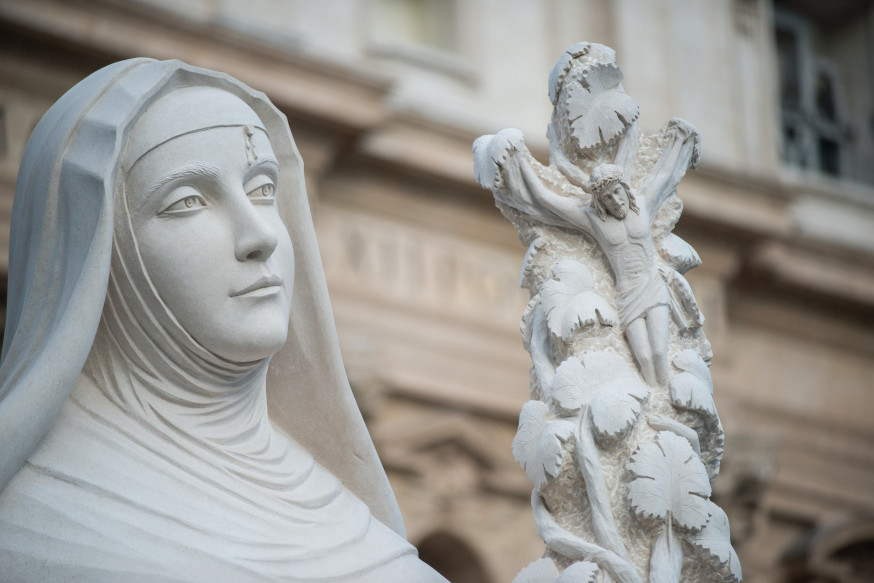
Beirut/Aleteia (aleteia.org/ar) – How appropriate that this was done by someone from Lebanon, and from the rocks of Lebanon, specifically from Tartej. From these rocks, Nayef Alwan, who is from Aitou al-Zgharta in Lebanon, sculpted the statue of Saint Rita. This statue will be erected at the birthplace of Saint Rita—at the entrance of the town of Cascia, Italy—which is at the intersection of the roads between Cascia and Roccaporena.
Alwan Nayef, of Lebanon, was the winner chosen out of many who had submitted miniature sculptures of the Saint to the town of Cascia. The statue was first flown to Rome, where it had its first stop before it was taken and placed upon its final base.
According to Alwan, the statue was designed, created and carved entirely in Lebanon.
Alwan indicated that the rock that was used originally weighed 76 tons. It was taken from the property of Tartej resident Mr. George Najam. Once the sculpture was completed it weighed 25 tons and stood nearly 20 feet tall. He further indicated that the work had been completed in one year.
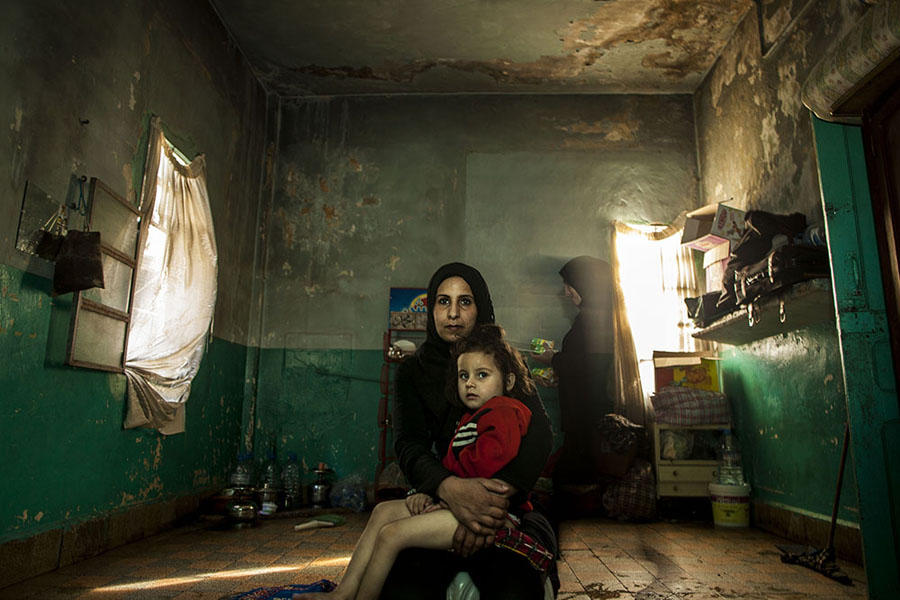
By Elise Harris
.- War in Iraq and Syria have taken a heavy toll on the Chaldean Christians of the Middle East. Now Chaldean bishops like Archbishop Bashar Warda of Erbil, Iraq are asking what they can do to help Christian refugees survive and preserve their faith in times of trouble.
“For me, my plan is how to help the Christian families who decided to stay, to stay and live with dignity. That’s my big concern, the whole plan,” Archbishop Warda told CNA Oct. 28.
“To be honest, I cannot tell anyone to stay. There are hundreds of reasons which encourage people to leave. There is no one reason to really urge and help them to stay. But we hope and we have faith that this community would stay, and, please God, be strengthened by the prayers that we’ve receiving,” he said.Archbishop Warda was one of the bishops at the Chaldean Catholic bishops’ synod, which took place in Rome Oct. 24-29.
The Chaldean Catholic Church’s patriarchal see is Babylon, based in present-day Baghdad. The Church has a presence in Iran, Syria, Lebanon, Turkey, Israel and Egypt, as well as in France and the U.S. There are over 400,000 Chaldean Catholics around the world, according to the Catholic Near East Welfare Association.
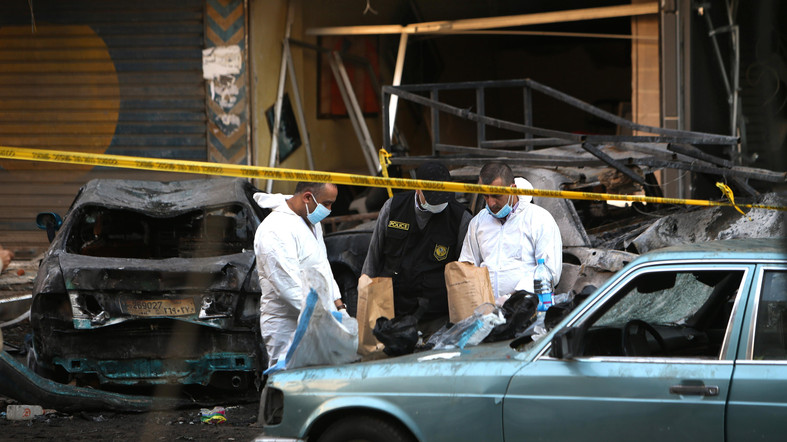
Thursday, 5 November 2015
At least 10 were killed after a car bombing targeted an office belonging to Syrian religious scholars on Thursday in the northeastern town of Arsal in Lebanon near the Syrian border, Al Arabiya News Channel reported.



